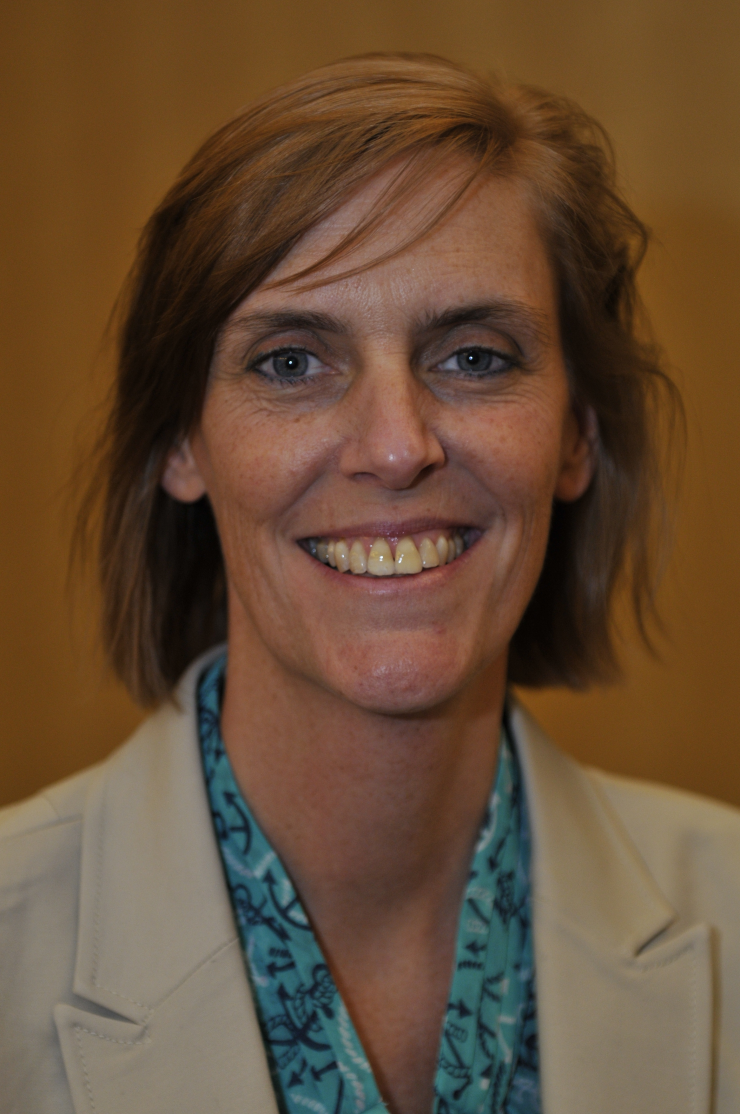The National Federation of Community Development Credit Unions revealed in its latest annual report that it finished 2017 in “a healthy financial position,” with “strong and diversified revenue streams.”
Among the highlights of the report were growth stats for CDCUs that exceeded those of non-CDFI-certified credit unions. Membership at CDCUs was up by 6 percent at the end of 2017 (compared to 5 percent for non-CDCUs), assets up by 9 percent (7 percent for non-CDCUs) and loans outstanding up by a whopping 13 percent (10 percent for non-CDCUs). Loan originations at non-CDFI credit unions stood at 6 percent growth, compared to 4 percent growth for CDCUs.
The Federation also highlighted the positive impact secondary capital has on member credit unions, including 2,461 payday loans made, 1,067 first-time homebuyer/affordable mortgages, 11,514 Wheels to Work loans and more. CDCUs receiving Federation secondary capital originated 373,440 loans totaling $6.7 billion to almost 1.62 million members in 2017.

The Federation reported total assets of about $34 million at the end of 2017, up from $28.1 million at the end of the prior year. Meanwhile, total net income amounted to about $1.16 million as of year-end 2017, up from $456,000 in the year prior.
During the year, the Federation said its Community Development Investments Program invested $12.26 million in deposits, secondary capital and mortgage purchases. The Federation also managed $31.36 million in investments in community development credit unions.

In a letter to membership, Federation President and CEO Cathie Mahon cited a number of other important projects the group has engaged in as part of its “strategic plan of growing and deploying investment in low-income communities.”
For example, Mahon mentioned a project to expand opportunities for affordable homeownership through the CDCU Mortgage Center as well as the “rapid expansion” of the Juntos Avanzamos program for Spanish-speaking consumers. This network now includes 80 credit unions in 21 states, D.C. and Puerto Rico.
The Federation also highlighted the need to provide affordable financial services to the nation’s underbanked. Some 27 percent of the U.S. households are either unbanked and underbanked, and the figure is even higher for black (49 percent) and Latino (45 percent) households.
“More than one-third of Americans are considered credit-challenged, with a subprime credit score or because they are unscoreable due to a lack of a sufficient credit file,” the Federation stated. “Community development credit unions provide an alternative to high-cost fringe lenders. With a primary mission of community development and financial inclusion, CDCUs help low-income consumers weather financial shocks and income volatility, reduce debt, establish and repair credit, and build savings and opportunities for investment and ownership in their communities.”





